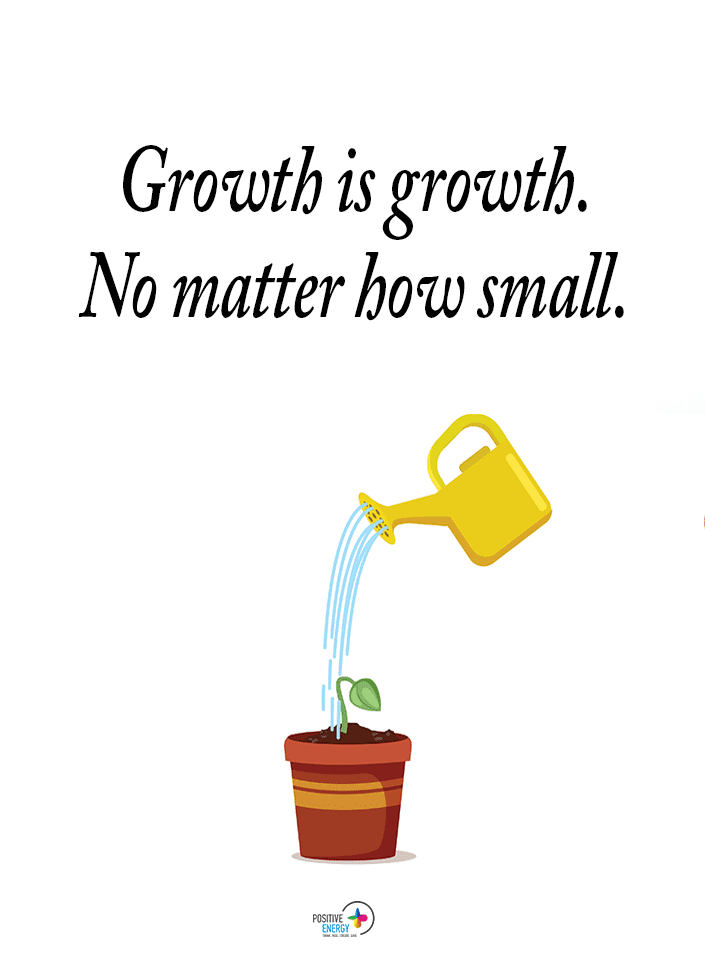Financial literacy, or understanding and managing personal finances, is paramount in today’s intricate and fast-paced financial world. Being financially literate equips individuals with the necessary knowledge and skills to make informed financial decisions. As a direct impact, it often improves financial well-being.
In this article, we delve into the importance of financial literacy and its profound impact on individuals’ financial well-being, highlighting the ten essential benefits of being financially literate. Financial education offers far-reaching advantages that extend beyond basic financial comprehension.
It empowers individuals to take charge of their financial lives, navigate the complexities of the financial system, and make informed decisions aligned with their goals. By acquiring the skills needed to manage money effectively, individuals can establish a strong foundation for financial success.
This exploration reveals the ten essential benefits of financial literacy and its positive influence on personal finances. Recognizing financial literacy’s profound impact on individuals’ financial well-being, we can embrace its advantages and strive for a brighter, more secure financial future. Join us as we discover the transformative power of financial literacy and how it can pave the way to financial success.
1. Improved Money Management May Result From Financial Literacy
Financial literacy is essential for individuals to develop practical money management skills, encompassing budgeting, saving, and cultivating healthy spending habits. By acquiring the knowledge and skills offered through financial education, individuals can positively impact their long-term financial stability.
Budgeting enables wise allocation of income, aligning expenses with financial goals. It promotes tracking and controlling spending, preventing unnecessary debt, and providing a roadmap for financial success. Financial literacy fosters healthy spending habits by distinguishing between needs and wants, making informed purchasing decisions, and avoiding impulsive buying.
Additionally, it emphasizes the significance of saving for emergencies, future goals, and retirement, ensuring a safety net and opportunities for wealth growth. Embracing financial literacy empowers individuals to achieve improved money management, setting the stage for a brighter financial future.
2. Increased Financial Confidence
Financial literacy brings about a significant increase in individuals’ financial confidence. Through comprehensive financial education, individuals gain the empowerment and self-assurance necessary for making informed financial decisions. They become equipped with the knowledge and tools to navigate the complexities of personal finance, allowing them to approach financial decision-making with a newfound sense of confidence.
By developing financial literacy, individuals feel empowered to take control of their financial future. They gain the self-assurance needed to assess investment options, understand risks, and evaluate financial products and services. This empowerment enables them to make sound financial decisions aligned with their goals, leading to long-term financial stability and growth. With increased financial confidence, individuals can easily navigate financial decision-making, reduce stress, and proactively work towards achieving their financial objectives.
3. Debt Management Comes With Financial Literacy
Financial literacy is the key to successful debt reduction and management. When individuals become financially literate, they gain the knowledge and skills necessary to navigate interest rates and implement effective strategies for debt reduction. By understanding interest management, financially literate individuals can make informed borrowing decisions and choose loans with favorable terms.
This literacy empowers them to develop personalized repayment plans, prioritize high-interest debts, and allocate resources strategically. The result is a sense of empowerment and progress toward achieving financial freedom. By actively managing their debt, individuals can regain control over their finances, reduce their debt burden, and pave the way for a brighter financial future.
4. Enhanced Financial Goal Setting
Financial literacy plays a crucial role in goal achievement through effective planning and pursuing financial milestones. By acquiring financial knowledge and skills, individuals can develop well-structured financial plans and set realistic objectives. Financial literacy empowers individuals to assess their current financial situation, identify long-term goals, and establish a clear roadmap to reach them.
Setting measurable financial goals is a crucial component of goal achievement. Financial literacy enables individuals to define attainable objectives within specific timeframes. Whether it’s debt reduction, saving for major purchases, or planning for retirement, financial literacy equips individuals to make informed decisions, allocate resources effectively, and track their progress toward their desired financial milestones.
Pursuing these milestones is a source of motivation and fulfillment, reinforcing individuals’ confidence in their financial abilities and propelling them toward continued success in their financial journey.
5. Improved Retirement Planning
Financial literacy is a crucial factor in enhancing retirement planning. With financial knowledge and skills, individuals can make informed decisions regarding retirement savings, investing, and ensuring future financial security. Understanding retirement savings options allows individuals to choose the most suitable vehicles, such as employer-sponsored plans or IRAs, maximizing savings potential and taking advantage of employer contributions.
Additionally, financial literacy equips individuals with investment strategies, enabling them to evaluate risk tolerance, diversify portfolios, and make informed decisions aligned with retirement goals. The benefits of improved retirement planning through financial literacy include securing financial security for the future. By actively engaging in retirement planning, individuals can assess their retirement needs, set savings targets, and develop actionable plans to achieve desired financial security.
Proper retirement planning allows individuals to anticipate expenses, mitigate risks, and ensure they have sufficient resources to support their desired lifestyle during retirement. Financial literacy empowers individuals to take control of their retirement planning, make informed choices, and build a solid foundation for a financially secure retirement.
6. Protection Against Financial Scams
Financial literacy is a powerful tool for fraud prevention, consumer protection, and financial security. Individuals can protect themselves against scams and fraud by acquiring financial knowledge and skills. Financial literacy enables individuals to recognize red flags and avoid falling victim to fraudulent schemes, bolstering their financial security.
Furthermore, financial literacy empowers individuals by familiarizing them with their consumer protection rights. Understanding these rights allows individuals to take necessary steps to safeguard their finances and seek recourse in case of fraudulent activities. Financially literate individuals can dispute fraudulent charges, report scams, and navigate the legal and regulatory frameworks that provide consumer protection.
7. Better Investment Decisions
Financial literacy equips individuals with investment knowledge and risk management skills, leading to more informed investment decisions and the potential for wealth accumulation. With financial literacy, individuals understand investment concepts like stocks, bonds, and mutual funds.
They learn about diversification, asset allocation, and the relationship between risk and return, enabling them to evaluate investment opportunities and make informed choices aligned with their financial goals. Financially literate individuals also develop effective risk management strategies, assessing and mitigating investment risks to protect their portfolios. By balancing potential returns with acceptable levels of risk, they can optimize their investment strategies for long-term wealth accumulation.
The benefits of financial literacy extend to wealth accumulation through smart investment choices. With investment knowledge and risk management skills, individuals can identify investment vehicles that align with their goals and time horizons. They can analyze investment performance, understand the impact of fees and expenses, and adjust their investment strategies. By making informed investment decisions, individuals can capitalize on opportunities for wealth accumulation, increasing their chances of long-term financial success.
8. Entrepreneurial Skills
Becoming financially literate is critical to entrepreneurial success and effective startup management. Entrepreneurs with business knowledge and financial management skills can make informed decisions that drive their ventures toward success. Understanding business finances is a significant benefit of financial literacy, as it allows entrepreneurs to assess the financial health of their startups, identify risks, and make strategic decisions for optimal financial performance.
By comprehending critical financial metrics and indicators, entrepreneurs can gain insights into profitability, liquidity, and overall financial viability. Financial literacy also empowers entrepreneurs to engage in effective financial management practices. Entrepreneurs learn to develop and track budgets, manage cash flow, and project financial outcomes. With these skills, they can allocate resources strategically, control costs, and optimize revenue generation.
Informed financial decision-making aligned with business goals strengthens the startup’s financial stability and increases its chances of long-term success. By embracing financial literacy, entrepreneurs gain a competitive edge and position their startups for growth and sustainability.
9. Improved Financial Communication
Financial literacy is pivotal in enhancing financial communication within families or partnerships. By becoming financially literate, individuals can engage in open and transparent discussions about family finances, fostering a shared understanding and collaborative decision-making. Financial literacy promotes a culture of financial transparency, enabling individuals to openly share information about income, expenses, debts, and investments.
This transparency builds trust and allows everyone involved to make informed decisions, aligning their financial goals and priorities. Through improved financial communication, families and partnerships can work collaboratively towards shared financial objectives and achieve greater financial well-being.
10. Overall Financial Well-being Comes From Financial Literacy
Financial literacy transforms individuals’ overall financial well-being, leading to financial stability, peace of mind, and improved quality of life. By acquiring financial knowledge and skills, individuals can make informed decisions contributing to their financial stability.
In addition to financial stability, financial literacy provides individuals with peace of mind. By understanding personal finance concepts, individuals can make informed choices aligned with their values and goals. This peace of mind frees individuals to focus on other aspects of their lives, leading to an enhanced overall quality of life.
Final Thoughts on the Benefits of Financial Literacy
In summary, acquiring financial knowledge and skills through financial literacy is crucial for personal financial success. It enables individuals to achieve financial stability, experience peace of mind, enhance their quality of life, and protect themselves against financial scams. Understanding concepts like budgeting, saving, investing, and debt management empowers individuals to make informed financial decisions and navigate the complexities of the financial world.
Remember, financial literacy is a lifelong journey that requires continuous education and the application of financial knowledge. By staying informed, seeking advice when needed, and adapting to changing financial landscapes, individuals can proactively manage their finances and create a secure financial future. Start your financial literacy journey today and empower yourself to make informed decisions that positively impact your financial well-being.
By investing in financial literacy, you are investing in your financial success, freedom, and ability to achieve your goals. Embrace the lifelong pursuit of becoming more literate, and watch as it transforms your financial future for the better.

















 Community
Community

